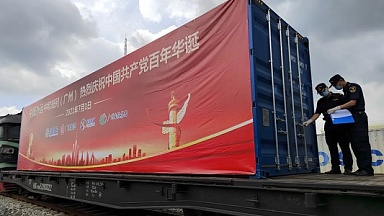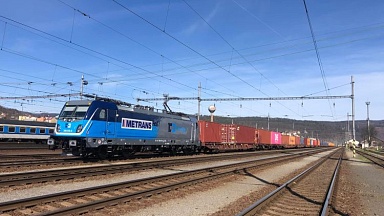The report “Bringing European Transport Policies on the climate neutrality track” shows that Member States do not have a unified approach in internalizing the external costs and that this creates inconsistent and contradictory market signals at the EU level. For instance, in France 180% of the external costs of passenger rail travel are internalised, while only 59% for car travel and just 8% for air travel, and this despite the fact that European transport is still dominated by fossil fuel powered cars while passenger rail travel is much less polluting than car and air travel.
The document also underlines that even in smaller European countries, aviation has become a means of relatively short distance domestic travel. For example, in Denmark, where it is not possible to fly further than 300 km, the share of passengers flying within the country reached 9% of the overall Danish air market in 2018. Both France and Germany, despite their relatively good offers of high speed railway lines, have also witnessed very high shares of domestic air passenger travel, respectively 33% and 18%. One of the reasons for this is the availability of cheap air travel tickets, compared to railway tickets. The report recommends creating strategic action plans to shift short-haul flights to rail connections, especially high speed rail, by ensuring that external costs of air travel are properly internalized.

The report also finds out that the modal shift in the transport sector is currently not as widely promoted as the fuel shift. Only Germany has its own goal to double the number of rail passengers from 2020 to 2030. In addition, the country is developing policies and measures aimed at changing passenger travel, such as a reduction of taxes on long distance railway tickets and additional taxation on air travel. These measures are not present in any other studied country.

The report includes sectoral recommendations, with the most important one underlining that transport emissions reduction targets should be strengthened and remain part of national emission reductions targets under the Effort Sharing Regulation. The EU should ask Member States to draw-up transport policy targets and plans that could be set and/ or strengthened in their National Energy and Climate Plans (NECPs) allowing emission reductions progress and coherence with other policies to be easily monitored.
The full version of the article is available here.





